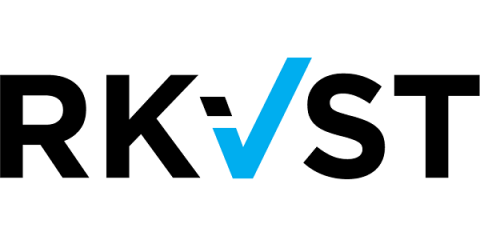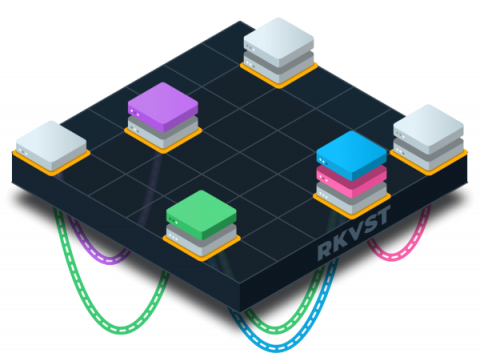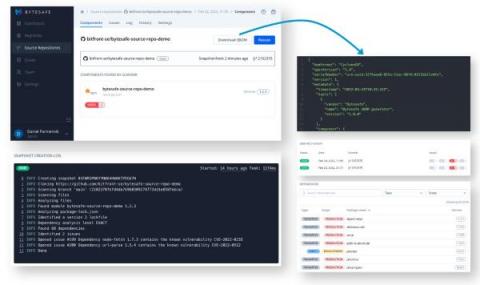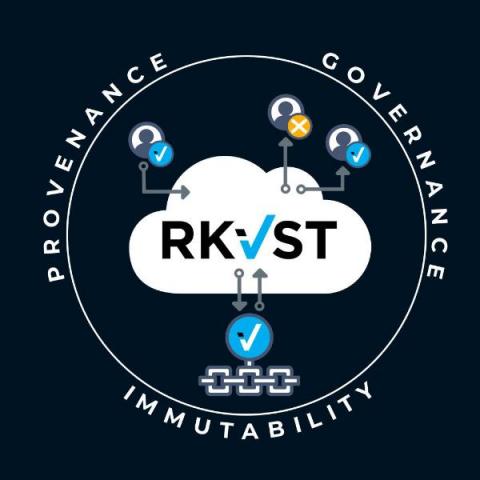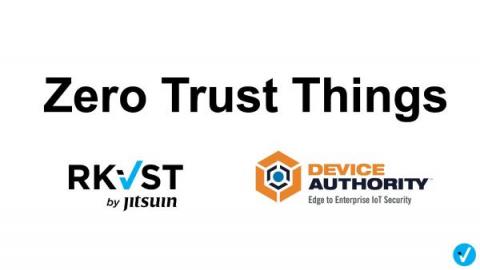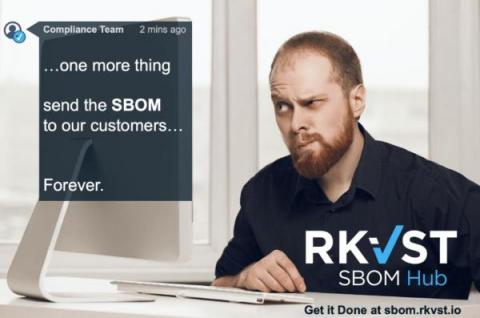What is SCITT and how does RKVST help?
SCITT in the information security context stands for “Supply Chain Integrity, Transparency, and Trust”. It’s a relatively young discipline and the dust is still settling over its scope and definition but the core is very simple: risk vests in the operator of equipment, but it originates at every point in the supply chain.


